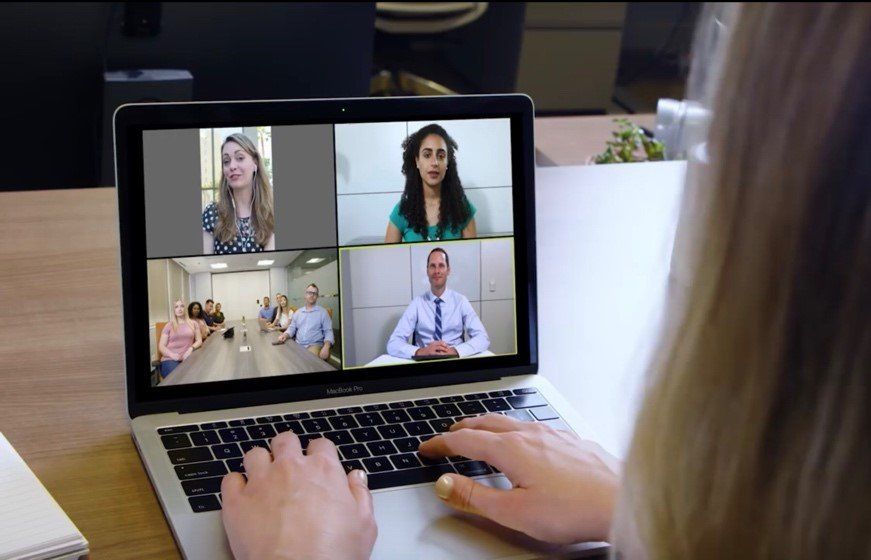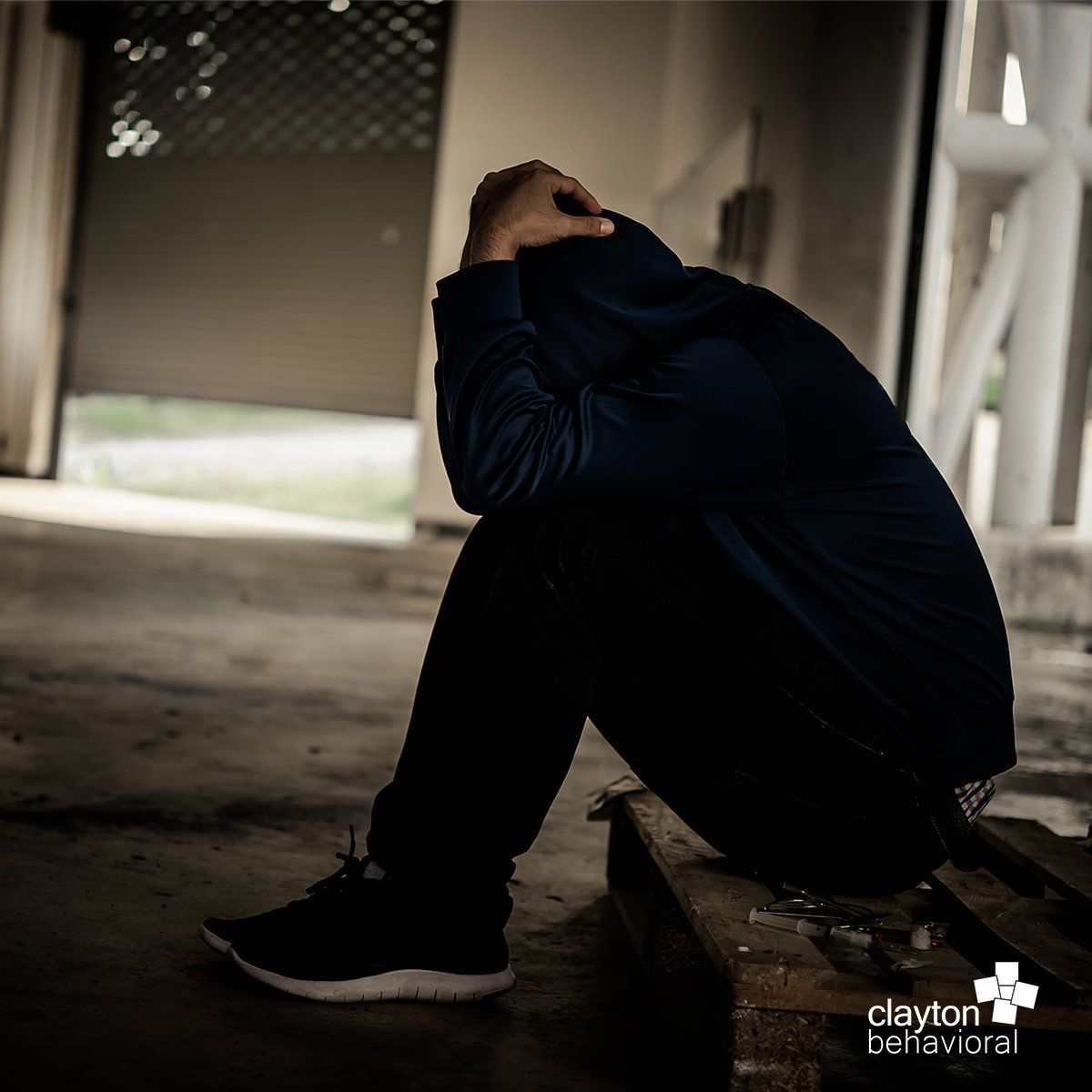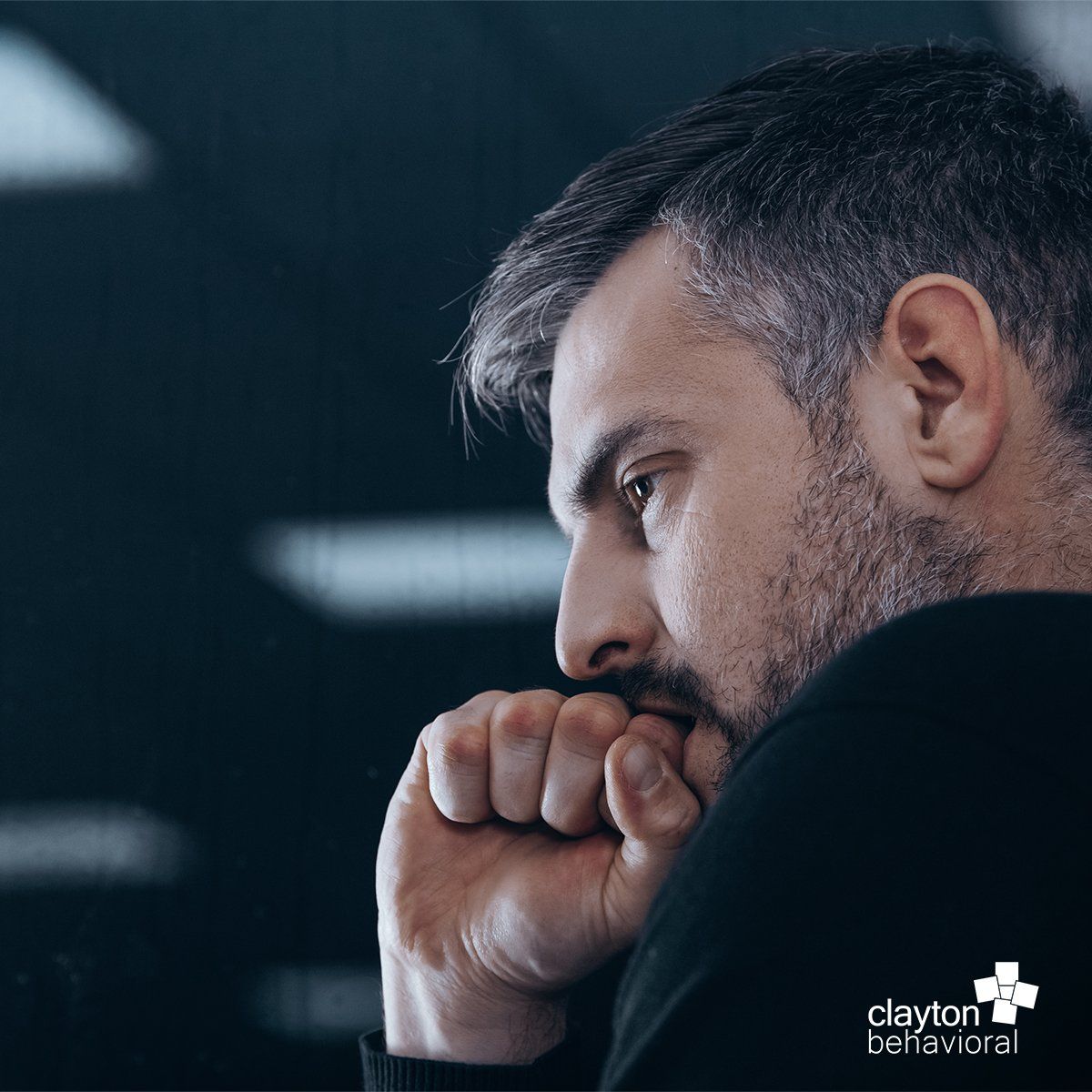Am I getting Alzheimer's?

It is now possible to get an early diagnosis of Alzheimer's Disease (AD). Scientific advances allow us to tell if, at some point, the "senior moments" we notice in ourselves or our loved ones will develop into full-blown AD. However, these exciting advances have not been followed by equally significant breakthroughs in AD's treatment. Do we want to know that we will get AD, if there is not much we can do about it?
About 13% of those 65 and older, and 45% of those 85 and older, will experience memory problems suggestive of AD. Answering "yes" to 2 or more of the AD 8 questionnaire (the Washington University Eight-item interview to differentiate aging and dementia) suggests the presence of dementia and warrants further assessment. The AD 8 is especially sensitive when answered by an informant on behalf of the patient.
It used to be that AD could only be diagnosed unequivocally after death (by autopsy). Since the late 80s, a few familial cases can be diagnosed at any time in at-risk individuals by finding mutations in specific genes. These genetic cases represent a tiny fraction of all cases of AD. Cases of AD due to a single gene mutation tend to have very early onset, with some families showing cases of dementia in their 30s and 40s. In a majority of cases, AD is not caused by a single gene mutation, although certain genes (like Apo E4) can increase our risk of developing AD while Apo E2 may provide protection against it.
Exciting research developments allow now for an early diagnosis of AD by using biomarkers. These biomarkers measure the presence of amyloid in the brain (a substance that accumulates in the AD brain). They also measure evidence of brain cell's injury and degeneration both in blood and in cerebrospinal fluid. Sadly, all these reserach breakthroughs have not yet improved our ability to reverse, stop or significantly slow down the progression of the disease.
Who benefits from early diagnosis? The answer is still unclear (read this ). Do we really want to find out if we'll develop Alzheimer's at a certain unknown point in the future, if there really is no proven way of significantly changing the course of the disease? We need to answer this individually. For some, the opportunity of joining a clinical trail to test a new drug is both a personal and an altruistic incentive that favors knowing. For others, it's best to live in the present and enjoy every day: why worry about something we can't control?









